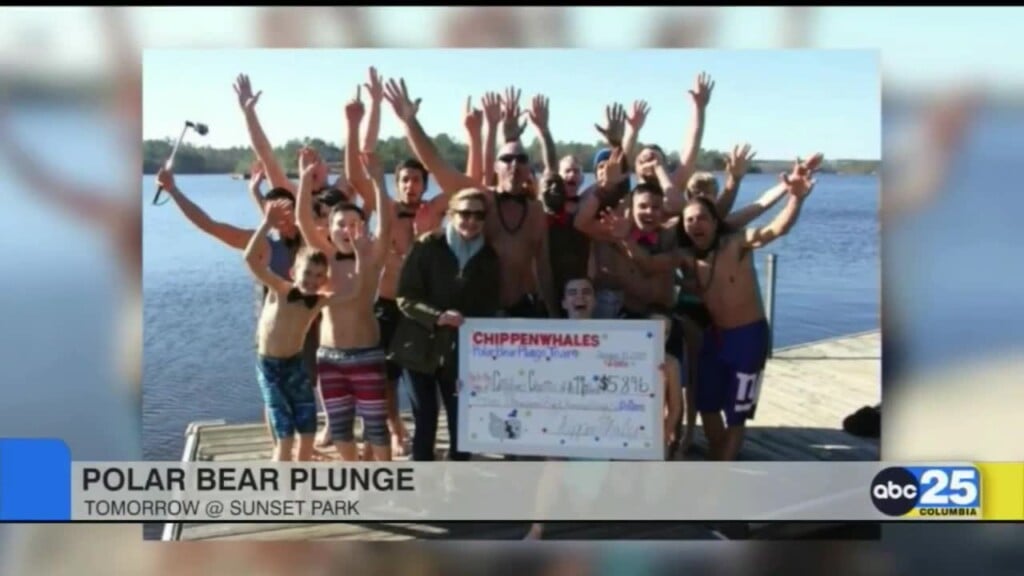4th of July celebrations — Help and tips available for Veterans with PTSD
COLUMBIA, SC (WOLO) — Fireworks are meant to entertain and bring joy — but for Veterans and service members with post traumatic stress disorder, the sights, sounds, and even smells of smoke can set off a slew of negative feelings and physical reactions.
Dr. Nikki Wooten is a Professor of Social Work at the University of South Carolina.
She’s also a retired Lieutenant Colonel in the U.S. Army — and says the use of IEDs and roadside bombs in more recent wars can be triggering to a service member who has seen experienced combat.
“And then you have the debris. The debris that’s left over, or any type of trash or anything in the road, can remind service men and women of roadside bombs and IEDs,” she says.
Wooten finds that PTSD symptoms can arise before, during, and after any 4th of July celebrations — and could stem from deployment, or even a training accident.
These intrusive memories often lead to emotional and physical reactions.
“So physically, it could be sweaty palms, sweaty hands, gastrointestinal — like for instance an upset stomach, or a queasy feeling, it could be nauseous. It could be negative emotions, depressed, sad, tearful — you could have heart palpitations,” she says.
This can also include nightmares, difficulty sleeping, and recurring negative thoughts.
But Dr. Wooten says there is help available.
First, she says, know yourself and recognize what events will trigger you.
“Know how your body and mind responds to the triggers. The second thing is know your triggers. You may not know them all, but when you become aware, write them down, and when you know how you respond, link your triggers to how you respond so you can be more self aware.
And third, she says develop a coping plan, getting your family and loved ones involved so they can support you.
“So if you decide to remove yourself for instance from a crowded room, they will know why you are choosing to remove yourself. It’s a part of your coping plan — to make you feel more safe and so you will no longer feel triggered,” says Wooten.
The National Center for PTSD has a number of tips, and even an app that can be downloaded to help identify and overcome triggers. That app can also be used by family members to help support and guide their loved one who battles with PTSD.
Links and other helpful ideas:
-Department of Veterans Affairs Mobile Applications available on the National Center for PTSD website
https://www.ptsd.va.gov/appvid/mobile/index.asp
-Virtual Reality Meditation, Deep Breathing, and Mindfulness Applications are available at public or university libraries or from the manufacturer of your virtual reality headset
-Meditation, Deep Breathing, Guided Imagery, and Mindfulness videos are available free on YouTube
-Popular apps for your smartphone or smartwatch include Calm, Headspace, the Mindfulness App, and others
-YouTube, Music Apps, and personal assistants such as Alexa or Siri can also be used to access calming music for sleep, stress, negative emotions, or anxiety


